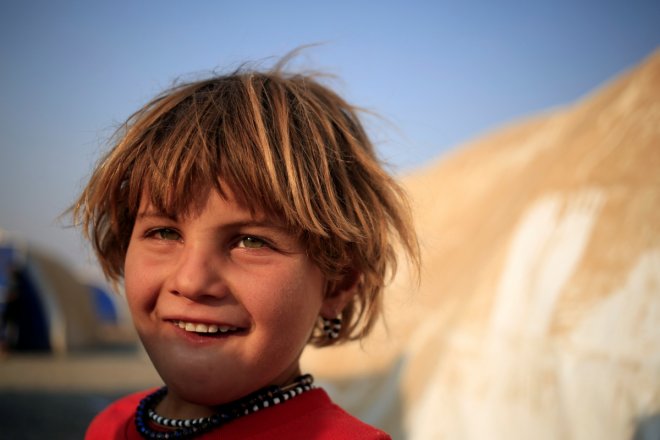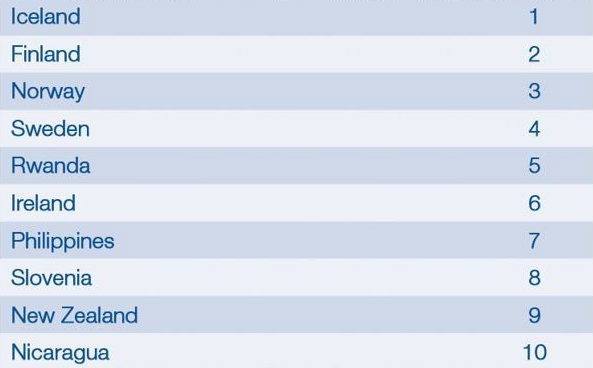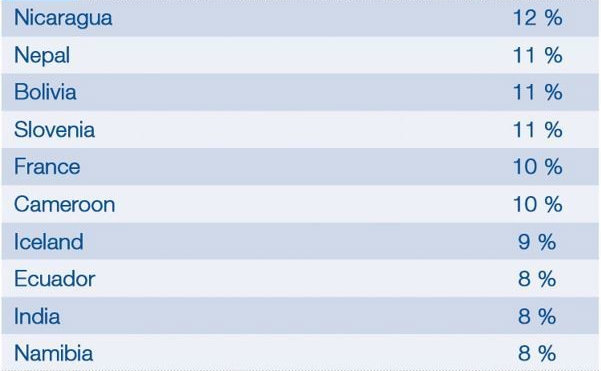
If you are a girl and you belong to any one of the southeast Asian countries you might just consider packing your bags and leaving as none of the countries seems favourable to your gender, reveals the Global Gender Gap Report 2016
The World Economic Forum (WEF) reports that according to the study a baby girl born today has to wait 83 long years to see the gender gap in health, education, economic opportunity and politics completely close around the world.
Hence, standing in the 21st century, we can safely conclude that the progress in eradicating gender gap is still fairly slow and most of us will die without realising the full potential of one-half of humanity within our lifetime.
Many of us will be astonished to notice that relatively small countries have done fairly well in tackling the gender inequality, while big superpowers hang in lower rungs.
While Iceland tops the Gender Gap Index for the eighth consecutive year in a row, Singapore, Indonesia and Malaysia stand at 54th, 92nd, and 111th position respectively.
The only southeast Asian country to make it among the top 10 countries on the list is Philippines which secures the 7th position with a 0.790 score.
The other countries which made it to the top of the list are: Finland, Norway, Sweden, Rwanda, Ireland, Slovenia, New Zealand and Nicaragua.

Moreover, Nicaragua records the highest percentage of improvement by overtaking Nepal, Bolivia and Slovenia. According to the reports the country has fully closed the gender gap on the Educational Attainment and Health and Survival indexes. It also ranks fourth in the world on Political Empowerment after closing down more than 50 per cent of the political gender gap.
Nepal also showed a surprising improvement on the Political Empowerment index, as well as on literacy and wage equality.

However, experts are worried about some regressions that this year's report highlights. The main failure that surfaced during the survey was that this year's economic gender gap has gone back to where it stood in 2008.
The Global Gender Gap Report 2016, which was published on 25 October by WEF, provides a consolidated study of gender gap prevailing in 144 countries of the world and gives their individual scores.








